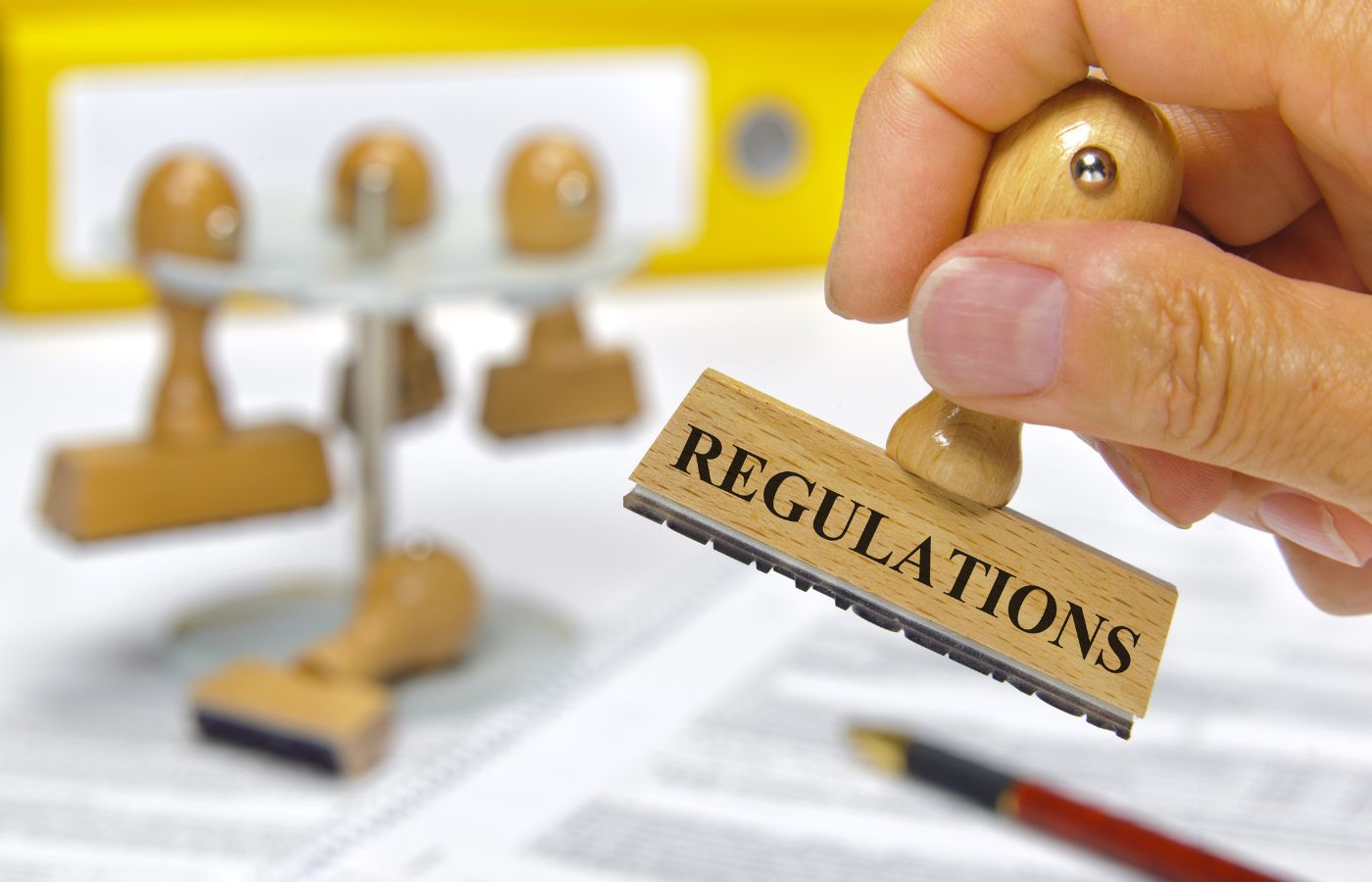+86 571 8659 2517
+86 180 5841 8258
info@zmuni.com

Recently, Qixinbao, a subsidiary of IntSig Information, released the 2021 Regional Research Report on the national cosmetics industry (hereinafter referred to as the "report") to give insight on the development status of China's cosmetics industry through big data. The report shows that in recent 10 years, the number of new cosmetics enterprises in China has increased year by year. In 2020, the number of new enterprises exceeded 25,000, and the growth rate reached 70%. In terms of market scale, the scale of China's cosmetics market reached 340 billion yuan in 2020. The scale exceeded 367.8 billion yuan from January to November 2021 and the growth rate reached 15.3%. However, the revenue

Since the formal implementation fo CASR, the original hair care special cosmetics are no longer categorised as cosemtics. Correspondingly, the anti-hair loss special cosmetics have been added in the category. The new regulation has been implemented for nearly one year, and the new registration system has been put into use for more than half a year. The number of registered imported "anti-hair loss" cosmetics is 17, and that of registered domestic "anti-hair loss" cosmetics is 54. 【Registered functional components of anti-hair loss】(incomplete summary) (*Source from public registration information of anti-hair loss products on NMPA website,summarized by ZMUni) 【Requirements for efficacy evaluation measurement of anti-hair loss】

As our relevant article posted before, “Children's Cosmetics Supervision and Administration Regulation" in China(hereinafter referred to as “CCSAR”)was released by NMPA on 8 Oct. 2021, here ZMUni is going to guide you quickly through key points you must know about “CCSAR” How does “Children's Cosmetics Supervision and Administration Regulation” define children’s cosmetics? According to “Children's Cosmetics Supervision and Administration Regulation”, children’s cosmetics refer to cosmetics that are suitable for children under 12 years old (including 12) and have efficacy of cleansing, moisturizing, refreshing and sunscreen, etc. NOTES: Claims such as “ can be used by anyone” or “can be used by the whole

1.What are children’s cosmetics? How does “Regulations on the Supervision and Administration of Children’s Cosmetics”define children’s cosmetics? Children's cosmetics definition: cosmetics that are used for children under 12 years old (including 12) and have efficacy of cleansing, moisturizing, refreshing and sunscreen,etc. Claims such as “ can be used by anyone” or “can be used by the whole family”, trademarks, patterns, homophones, letters, Chinese pinyin, numbers, symbols, packaging, etc. which imply that the product users include children shall be managed as children’s cosmetic. 2.What efficacy claims can be used for children's cosmetics ? According to Classification Rules and Classification Catalog of Cosmetics NOTES: children's sunscreen

In the UK, toothpastes are generally considered to be cosmetics, unless they are marketed in a way to treat or prevent “sensitive” teeth, or if any of the ingredients within the product could render it medicinal. In China, Article 77 of the Chinese Cosmetic Regulation (CSAR - Chapter 6 of the Supplementary Provisions) explains that the general cosmetics rules apply to toothpaste. But the Chinese NMPA is not considered toothpaste as a cosmetic. "Toothpaste shall be managed in accordance with the provisions of these regulations on general cosmetics. After performing any efficacy evaluation according to the Chinese national standards and

Announcement of National Medical Products Administration on the issuance of the "Regulations on the Supervision and Administration of Children's Cosmetics" (No. 123 of 2021) Release time: 8 Oct 2021 In order to regulate the production and operation of children's cosmetics, strengthen the supervision and management of children’s cosmetics, and ensure the safety of children’s use of cosmetics, in accordance with the "Regulations on the Supervision and Administration of Cosmetics" and other laws and regulations, National Medical Products Administration has organized and formulated the "Regulations on the Supervision and Administration of Children's Cosmetics" (hereinafter referred to as the "Regulations"). "), it

The new regulations (cosmetic supervision and administration regulation/CSAR) apply from 1st January 2021. What do you know about the transition period of the new regulations? In the following text, ZMUni will bring you our exclusive interpretation of it from five aspects: transitioning from old to current registration and notification platforms, cosmetic label, efficacy (freckle whitening and anti hair loss, etc.), raw materials and safety evaluation. But first of all, please pay attention to the key points of the NEW regulations: Key points of the NEW regulations: The registrant and the person responsible for notification of cosmetics shall be responsible for

Acid Peel (Chinese called “Shua Suan 刷酸”) is currently a very popular beauty treatment in the Chinese cosmetic market. Nowadays when people find their skin is in need of some Tender Loving Care (TLC), they quite often book themselves a chemical peel. What are Acid Peels? Acid Peels are one of the Chemical Peel techniques, which are applied to the face to remove dead skin cells and stimulate the growth of new cells. The goal is to improve the skin’s appearance, for example reduce age spots and even out skin tone. Acid Peels in China are often known as "Brush
+86 571 8659 2517
+86 180 5841 8258
info@zmuni.com